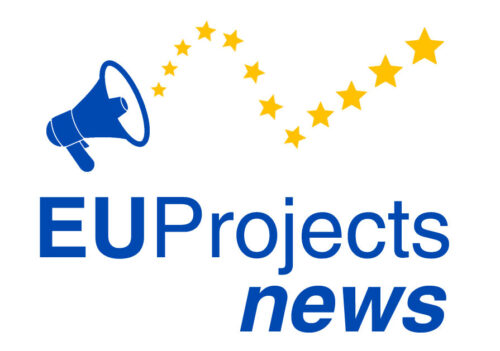A new international and pan-European research initiative has shed new light on the dynamics of self-employment and solo entrepreneurship among young people in Europe. Developed as part of the SELF (Solo-entrepreneurship in Post-pandemic Europe) project, this report highlights the significant gaps in current education and training opportunities for aspiring self-entrepreneurs and unveils a new innovative framework designed to address these challenges.
The SELF project, which focuses on creating pathways for solo-entrepreneurship in the post-pandemic era, aims to address the evolving needs of higher education (HE) students and young graduates. The project is driven by three core objectives:
- Fostering entrepreneurial initiative;
- Enhancing self-employment pathways;
- Creating a unified digital market for solo-entrepreneurs.
The SELF project report examined both the triumphs and challenges faced by young aspiring entrepreneurs across Europe. It found that despite growing interest in freelancing and self-employment, the resources available for formal education in this space remain scarce. Currently, most entrepreneurial training options are limited to paid online courses rather than being embedded in institutionalized education, leaving young people without sufficient support during their transition to early-stage entrepreneurship.
However, the European Union is taking important steps to address these gaps. The EU has actively sought to democratize access to entrepreneurship education, providing a range of accessible resources to equip young self-entrepreneurs with essential skills and support. This effort aims to empower young innovators and enable them to bring their ideas to life in an increasingly competitive market. One of the most pressing findings from the SELF report is the significant downturn in self-employment across Europe. This decline is attributed to rapid technological change and the lingering effects of the COVID-19 pandemic, both of which have disrupted traditional self-employment pathways. Furthermore, the research highlights a persistent gender gap in the field, with fewer women taking the leap into self-entrepreneurship. Addressing this disparity is a priority, with targeted policies needed to foster inclusion and create equal opportunities for all.
In response to these findings, the SELF project team has developed a new, innovative training and education framework tailored specifically to the needs of young, aspiring solo-entrepreneurs. This framework focuses on key areas of entrepreneurial development, including:
- Entrepreneurial competencies – Skills in leadership, innovation, and business planning to help aspiring entrepreneurs turn ideas into actionable business models.
- Digital literacy – critical training in technology and digital tools necessary for navigating today’s digital-first business environment.
- Financial management – comprehensive education on funding strategies, investment readiness, and sustainable financial planning.
- Socioeconomic inclusivity – Training that addresses gender gaps and promotes equitable access to entrepreneurial opportunities for all, with a particular focus on women entrepreneurs.
This framework is designed to complement existing EU initiatives and support young people, particularly higher education students and recent graduates, by offering accessible, practical, and effective training. It aims to bridge the gap in entrepreneurship education by integrating tailored courses into the academic curriculum of European universities, fostering a more inclusive and dynamic entrepreneurial ecosystem across the region.
Through the SELF project, we aim to ignite the entrepreneurial spirit of young people across Europe and help them navigate the challenges of self-employment, ensuring that they can thrive in the digital and post-pandemic world.
For more information on the SELF project, research findings, or the new training framework, please visit: https://www.solobiz.eu/










